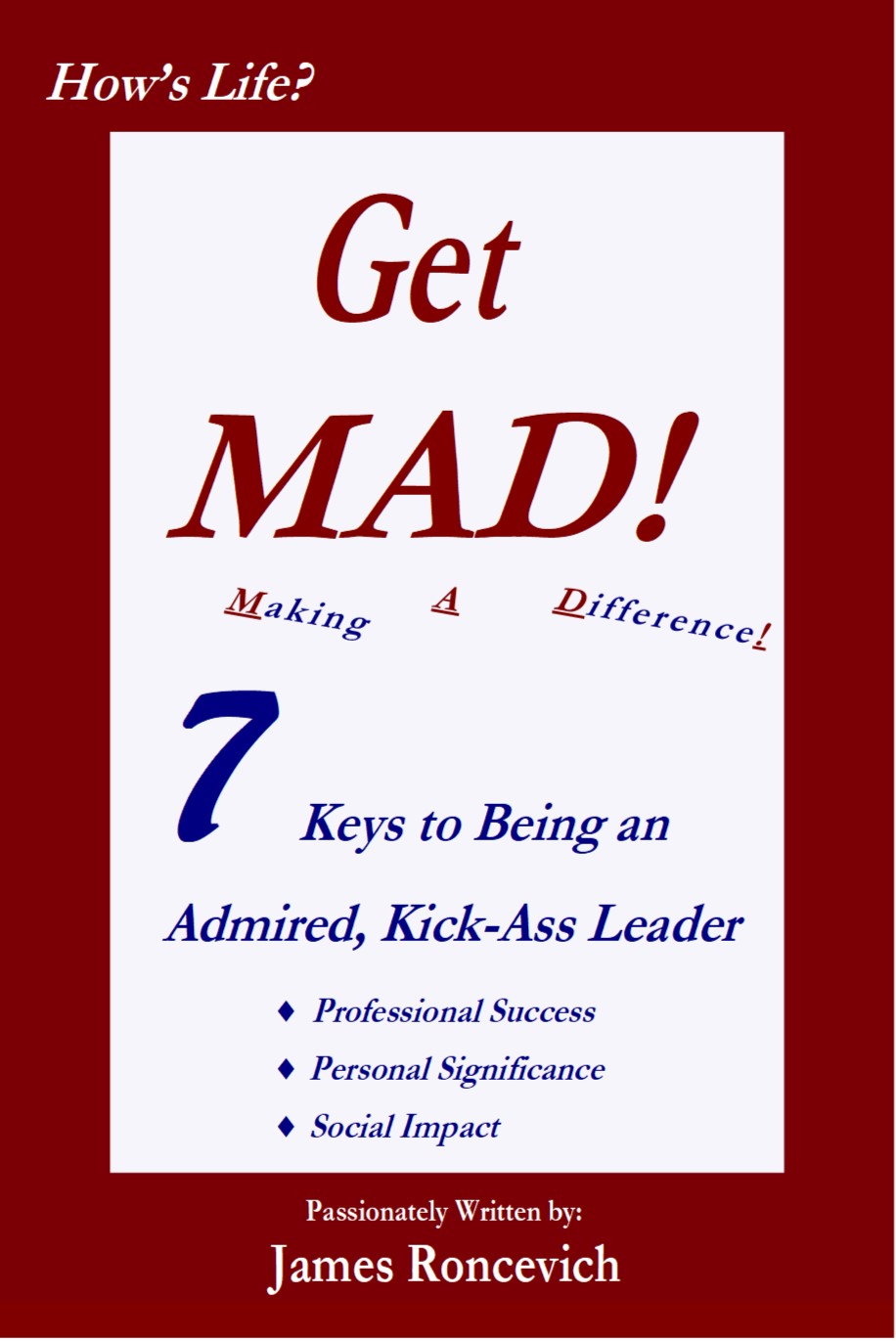
“The Paradoxical Commandments”
People are illogical, unreasonable, and self-centered.
Love them anyway.
If you do good, people will accuse you of selfish ulterior motives.
Do good anyway.
If you are successful, you will win false friends and true enemies.
Succeed anyway.
The good you do today will be forgotten tomorrow.
Do good anyway.
Honesty and frankness make you vulnerable.
Be honest and frank anyway.
The biggest men and women with the biggest ideas can be shot down by the smallest men and women with the smallest minds.
Think big anyway.
People favor underdogs but follow only top dogs.
Fight for a few underdogs anyway.
What you spend years building may be destroyed overnight.
Build anyway.
People really need help but may attack you if you do help them.
Help people anyway.
Give the world the best you have and you’ll get kicked in the teeth.
Give the world the best you have anyway.”
― Kent M. Keith, The Silent Revolution: Dynamic Leadership in the Student Council
I believe, only the best leaders and human beings will follow these often, painful commandments. In light of knowing your efforts are likely to be underappreciated at best, only the rarest leaders will persevere. Their Vision for Possibilities drive their deeds.
Bringing positive change or happiness to your community or the world, appears to be everyone’s responsibility; yet, simultaneously, nobody’s responsibility.
So, which is it?
The answer is quite simple: It depends on the leader’s view of their roles in the holistic game of real-life.
Top-7% leaders realize, they have rare Talent Portfolios enabling them to run their organizations exceptionally well and bring positive change or happiness to their communities. Most leaders, unfortunately, will not see positive change to others with fewer opportunities, as part of their leadership responsibility.
In the business world, long-held beliefs about the role of organizational leaders have been ingrained into traditional thinking on strategies, tactics and outcomes.
These beliefs are primarily structured in an independent, serial-myopic pattern vs. a holistic view. Thus; desired outcome “A” comes before outcome “B”, which comes before outcome “C” and so on.

What if organizations could optimize “A”, “B”, etc., by seeing them as truly interconnected, in such a way, as to elevate all performance outcomes?
What if organizations could simultaneously increase both Net Income and donations to Non-Profits?
I believe most people acknowledge that war, poverty, disease, homelessness, mental illness, etc. bring unhappiness to more than a billion people worldwide. Further, society in general, does not appear to believe that fixing these challenges is part of the responsibilities of private sector companies.
Thus; without leaders changing their view, from companies not being responsible for positive social impact or the world’s happiness, new possibilities for positive social impact will merely die on the vine of wishful thinking.
Do we need change? This is for each leader to determine.
Are you simply a leader of your organization; or, are you a leader without leadership boundaries?
When you reflect back on your life and leadership, do you see a purpose-driven leader who excelled professionally while simultaneously bringing significant, positive social impact and happiness to millions of people with fewer opportunities?
Question – Think – Reflect – Act – Appreciate!
Who changes the world? I believe it’s almost exclusively the Top-7%. They are the only ones with the Talent Portfolios and social consciences needed to actually implement significant positive social impact. If you believe you’re one of these executives, we’d love to explore possible opportunities.
Get Making A Difference! ~ JR
(Now Available on Amazon
Search: “Get MAD! Roncevich”)
